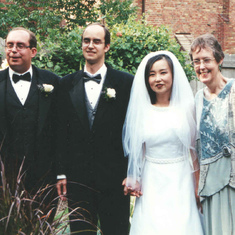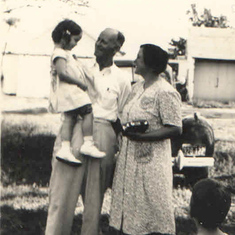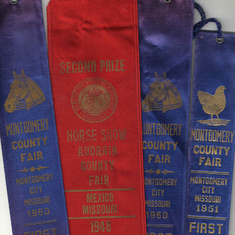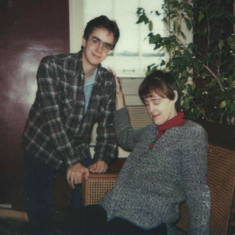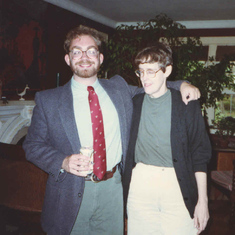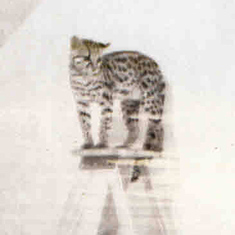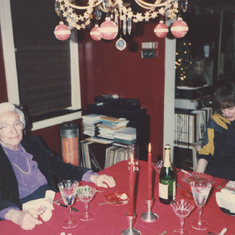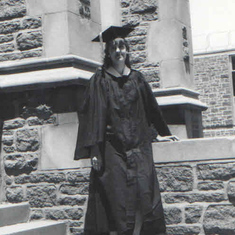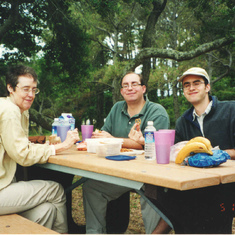In Memory of Emma Kafalenos, April 11, 2021
I thought for a very long time that I knew Emma Kafalenos. We had occupied separate floors of the same building for nearly thirty years after all. Not until I became more closely affiliated with Comparative Literature, however, did I discover that I hadn’t really known her at all. And there was so much to discover about a teacher-scholar-colleague who loved a good bit of intellectual fun, was devoted to her advisees and students, and was playing a major role, internationally, in the study of narrative. When our friend and colleague Milica Banjanin passed away a little over a year ago, Emma emphasized to me the importance of remembering Milica, in my capacity as Director of Comparative Literature, not just as a dear friend but also as the intellectual and scholar she had been. Honoring Emma’s passionate insistence on behalf of our colleague and friend, I would like, with this tribute, to celebrate this particular aspect of Emma’s life. Others have written of the wonderful friend, the teacher, and the advisor that Emma was; indeed, these tributes poured in from students and colleagues when the sad news of her passing spread. Here then is one attempt to bring into view Emma Kafalenos, the intellectual and scholar.
Emma’s very first published essay from 1978 sounded questions that would shape her scholarly career: “Philippe Sollers’ Nombres: Structures and Sources.” From that year on, Emma published and gave scholarly papers steadily and regularly especially on such French avantgardists as Sollers and Robbe-Grillet. As a comparatist, she proved intrepid in crossing linguistic, medial, and generic boundaries, examining text and image and the narrativity of musical works, for example, but she also returned repeatedly to narrative structures and their effects, such as ambiguity. Patterns, order, sequence proved an endless source of productive scholarly fascination for Emma. She put together startling combinations, as for example in a 2003 piece in which she examined double coding as it represents new forms of representation in The Truman Show, Dorian Gray, ‘Blow-up,’ and Caprice in Purple and Gold, i.e., in film, narrative, and painting. Her essays consistently evince a keen eye and ear, prodigious analytical abilities, and wit and are quite simply exhilarating to read. While she principally addressed complex modern and postmodern texts, she also had a penetrating sense of the complexity of narratives of the everyday. Her brilliant 1988 essay, “Reading to Cook/ Cooking to Read: Structure in the Kitchen” deploys high theory to think about the every day reading of cookbooks, the organization of the kitchen, and the arrangement and layout of cookbooks in terms of narrative patterns. It is archly (and experimentally) written in the second person, in the language in which recipes are commonly shared.
Emma’s many essays appeared in path-breaking anthologies in the field of narratology as well as in signature venues such as Poetics Today, Narrative, and Comparative Literature. The crowning piece of her distinguished career was her book Narrative Causalities from 2006, a book that offers both an argument and a methodology, one that that provides an analytical vocabulary to compare interpretations of events in both everyday and aestheticized narratives. The place of this work in the field as a standard work was confirmed by its appearance as a paperback edition in 2015.
In 2011 Emma Kafalenos and Erin McGlothlin brought the annual Narrative Conference to St. Louis—with its hundreds of attendees. The event vividly testified to the vibrancy of the study of narrative, the field in which Emma researched and wrote, and also to her standing in it. Indeed, beginning in the early 2000s, Emma, by then in her 60s, regularly served as a co-organizer of the annual conference, which, as I understand, steadily grew in the number of attendees in those years. And even when she passed into her 70s, Emma continued her vigorous organizational and scholarly work. After I had a taste of the 2010 conference, Emma easily persuaded me to attend the annual conference in Las Vegas, Nevada, in 2012. We laughed repeatedly about the location and timing of the event: St. Patrick’s Day in one of America’s bawdiest cities. In any case, my time at that conference had a lasting influence on my own work. In the following years, especially after Emma retired and she had a bit more time, I repeatedly turned to her for information and advice. I’m still benefiting, for example, from references she sent my way on the case study, and I deeply appreciate how my collegial association with her led me to return to work on the formal properties of narration, something I had once thought I knew, but apparently didn’t very well, just as I had once thought I knew Emma.
Emma’s scholarly career strikingly came to fruition in the new millennium and reaped the respect and admiration of her peers. Her intellectual hunger and aesthetic discernment and appreciation stayed with her until her final days. I wish there had been more days, weeks, months, years. I, for one, would have come to know a lot more had Emma had more time.
Lynne Tatlock
Washington University in St. Louis


